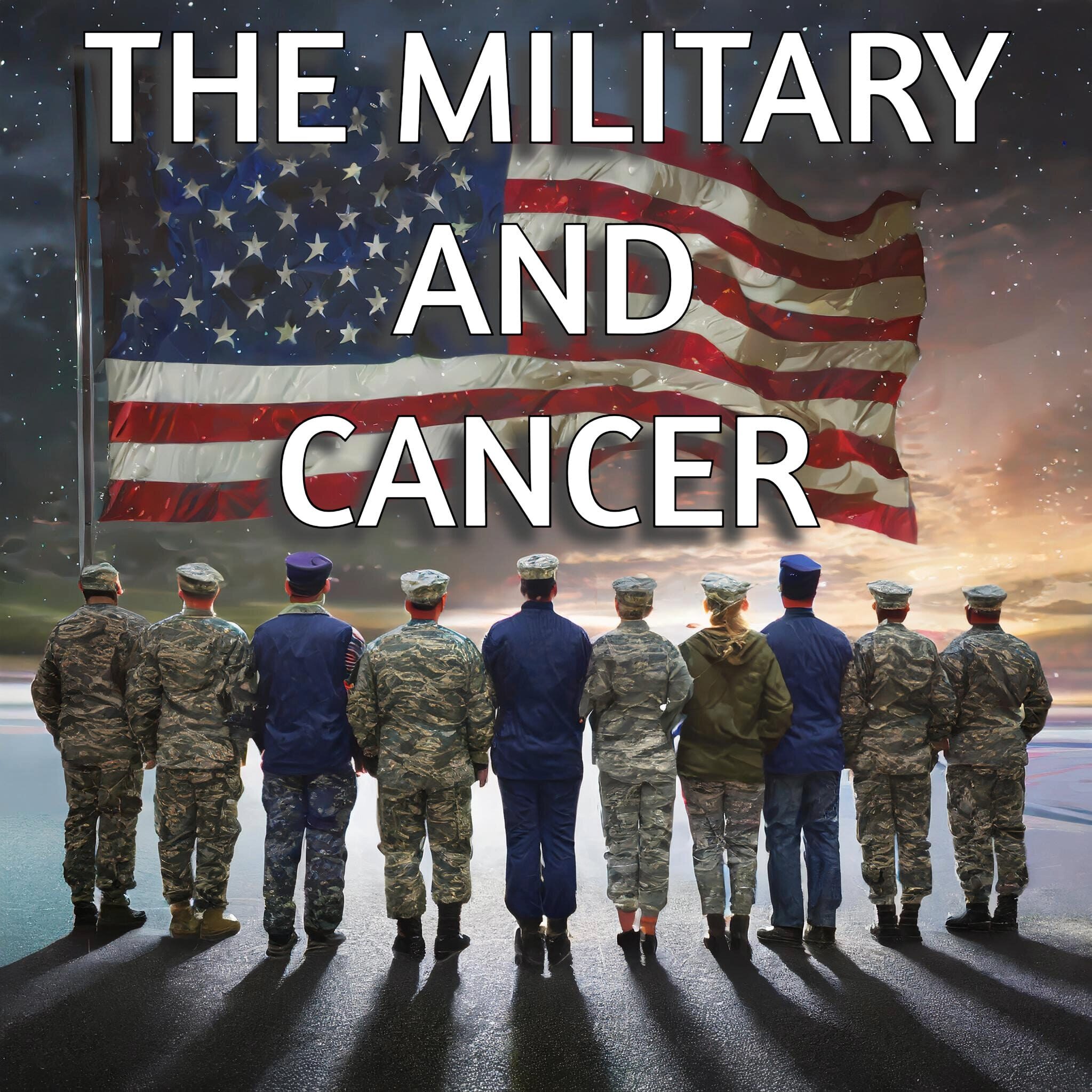
John Smith was a U.S. Army veteran who served at Camp Lejeune in North Carolina from 1985 to 1987 (now designated a “superfund site“). During his time at the base, he and his family lived on the base and used the base’s drinking water, which was later found to be contaminated with various chemicals.
Unbeknownst to John and his family, the drinking water at Camp Lejeune was contaminated with volatile organic compounds (VOCs), including trichloroethylene (TCE) and perchloroethylene (PCE). These chemicals had leached into the groundwater from on-base disposal sites and contaminated the base’s water supply. John and his family drank, bathed, and cooked with this contaminated water for years.
Years after leaving the military, John began experiencing health issues that he believed were linked to his time at Camp Lejeune. He was diagnosed with kidney cancer, a condition that has been associated with exposure to TCE and PCE. Additionally, his wife and children developed various health problems, including reproductive issues and developmental disorders in their children.
John Smith became an advocate for veterans and families affected by the Camp Lejeune water contamination. He joined support groups, shared his story with lawmakers, and worked to raise awareness about the issue. He also sought compensation and healthcare benefits from the U.S. Department of Veterans Affairs (VA) for himself and his family.
In 2012, the U.S. Congress passed the “Honoring America’s Veterans and Caring for Camp Lejeune Families Act,” which provided healthcare coverage for veterans and family members who had been exposed to the contaminated water at Camp Lejeune. The VA established a program to provide medical care and disability compensation to eligible individuals affected by the contamination.
John Smith’s story is just one of many examples of veterans and their families who were negatively affected by exposure to hazardous substances at Superfund sites. These cases highlight the importance of addressing environmental contamination issues and providing support to those who have suffered as a result of their service-related exposures.
Published:

